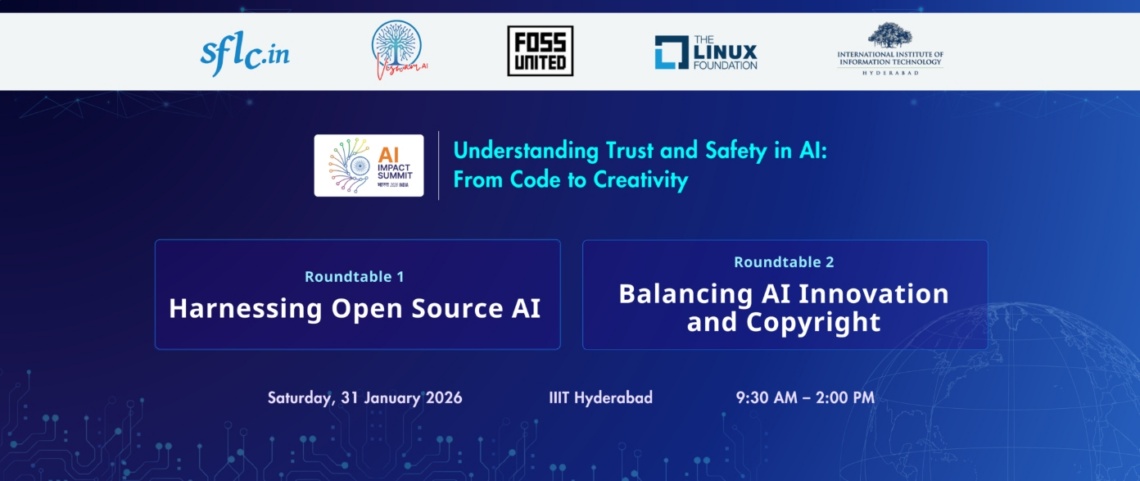India is the second biggest market for mobile-phones in the world and isforecast to surpass Chinato become the largest market by the end of 2013. The share of smart-phones in the Indian mobile market is also growing at a fast rate. This mobile revolution is the result of low cost of the devices and services coupled with innovative features offered by the devices. But home-grown as well as foreign enterprises that have helped to bring these innovations to the common man could soon be threatened by software patents granted in the field.
In India, the proliferation of mobile phones with advanced features could improve the life of the common man in many ways. As the cost of these smart phones plummet, the mobile phone could become a powerful means for delivery of services by the government and other service providers. These innovative phones as well as devices like tablets will also be very useful for improving the standards of education by making content more accessible. The $ 35 laptop for students announced by the central government is essentially a tablet computer. Many technology firms are now launching low-cost tablets and smart-phones. Most of these products are made possible due to the availability of an advanced, user-friendly open source operating system for mobile devices in the form of Android, which is built on top of the Linux kernel.
But, of late, the Android operating system is under threat from competitors like Microsoft and Apple. These firms feel threatened by theincreasing market share of Androidgioand have chosen to fight Android in the court-rooms than in the market place. Apple has succeeded in securing a ban against some of Samsung’s devices based on Android in Germany and the Netherlands. Microsoft has struck agreements with firms like Acer, Viewsonic and Casio for licensing Microsoft’s patents, which they claim are infringed by Linux.
The actions of these firms have resulted in a lot of fear, uncertainty and doubt in the market, and many technology firms could end up signing license agreements or toying the line of these aggressive patent holders. Businesses want to reduce their risks and in most cases settle for licensing deals than opt for court battles. The result of these legal battles could eventually be an increase in the cost of these devices and the demise of many innovations. Customers will be the prime affected party in this patent war, as they will end up paying a higher price for these devices, which is, in effect, a tax on innovation.
The legislature in India had the far-sightedness to keep computer programmes out of patentable subject matter. Unfortunately, it is seen that patent offices, in India, have been granting patents in the area of software in large numbers. A recent study conducted by Software Freedom Law Center reveals that in 2009-’10, 141 patents were granted in the area of software in India, while in 2010-’11 this number grew to 213. The major companies that have been granted patents include Oracle, Microsoft, Google and Research in Motion(the manufacturers of Blackberry).
As India is a major market for mobile devices, it may not be surprising if the patent wars happening across the world spread to India too. The major players in these litigations like Apple, Microsoft, Samsung and HTC are present in the Indian market also. The arsenal in their war chest in the form of patents granted in India, may not be as big as in the US or Europe. But many patents have been granted in India to companies like Research in Motion on email and cryptography technologies, Microsoft for user interface and image editing and Google for search and advertising technologies.
•
The drawbacks of assigning patents to the software industry.
•
Software, unlike other sectors in the field of technology, is essentially based on mathematics and algorithms, where the field of knowledge has improved over the years by sharing of code and improving on existing code. Patents were never considered to be the motivating factor in this industry and patents made their entry much later by means of judicial interpretations of patentable subject matter in some jurisdictions. Inventors and companies have prospered in this industry in the absence of patents. The recent entry of software patents, especially in the US, have made writing code and developing useful software a treacherous task with patents being granted for minor modifications in commonly used software. In an industry where technology changes fast and competitive advantage is derived by innovating at a fast pace, these government-granted monopolies will only act as speed-breakers in the growth of technology and the industry.
The patent office has expressed its resolve to give effect to the intent of the legislature by coming out with a manual of practice and procedure in March 2011. The manual has detailed guidelines for examining applications and these could result in preventing computer programmes from being patented, in tune with the statutory provisions. If the patent office strictly complies with these guidelines, India will soon be free from the danger of software patents. Common man will be the true beneficiary of this, as India will become a market for innovative products, sans the patent tax.



